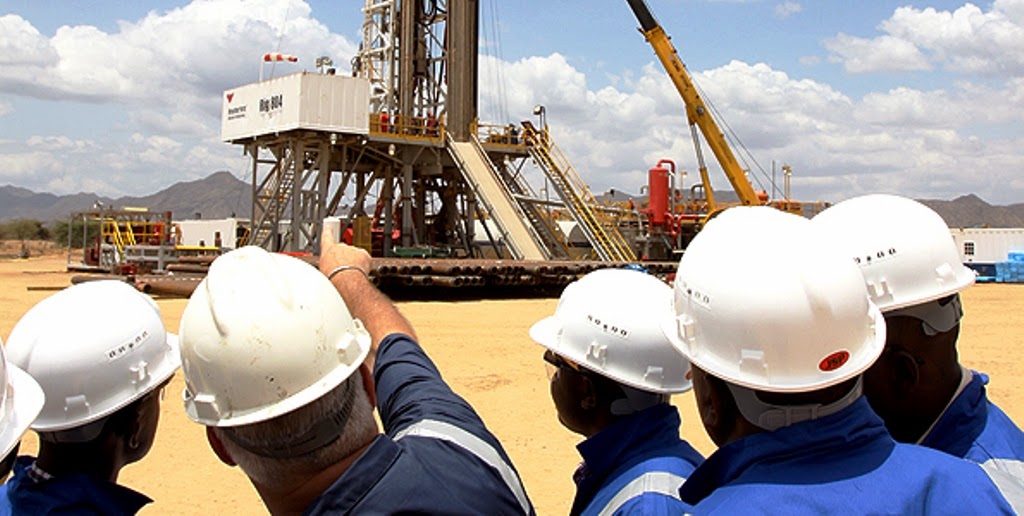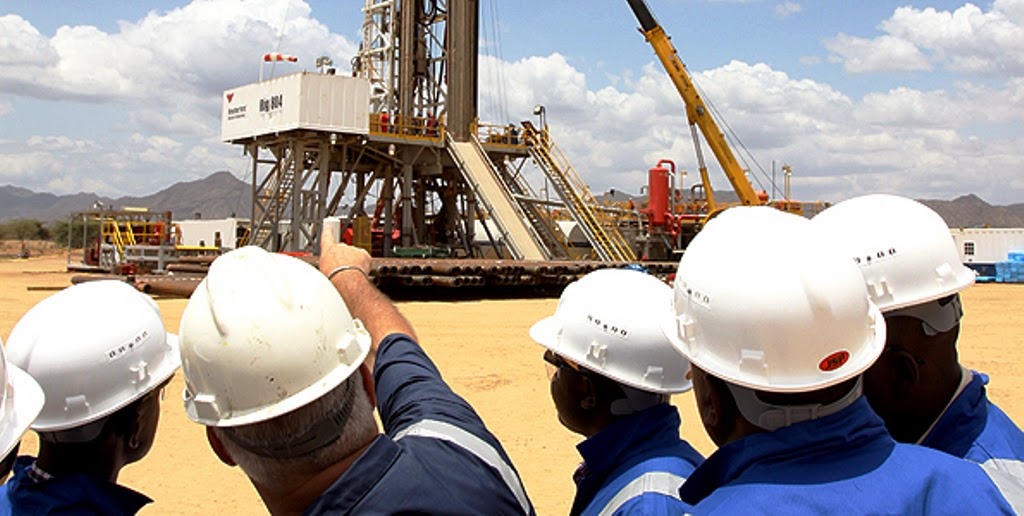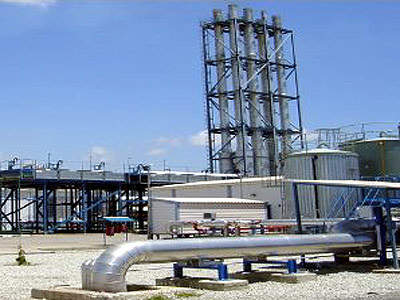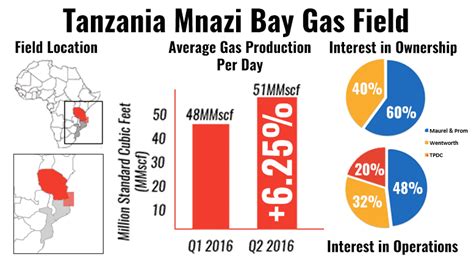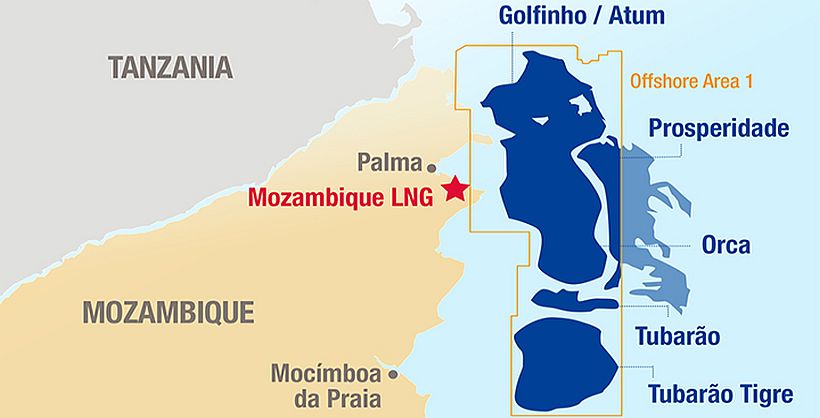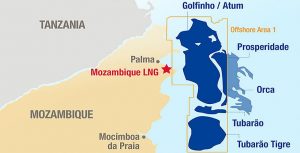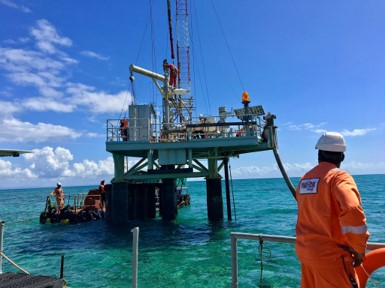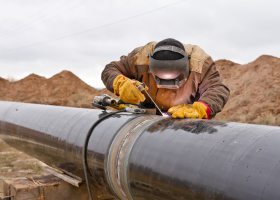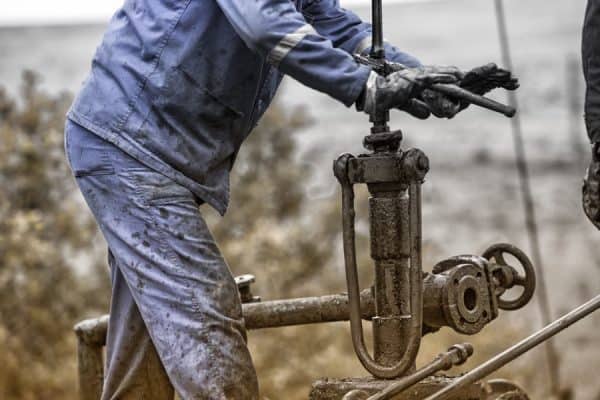After watching from the sidelines for years, China is back on a front-row seat in the bid for Kenya’s oil, as the project’s joint partners grapple with uncertainties due to lack of funds.
China has emerged as the favourite potential partner to help Kenya realise its oil dream after the key players, Tullow Oil Plc and Total SA, kicked off the process of selling part of their stakes in oil discoveries in South Lokichar, Turkana County.
The farm-down by the two oil majors will further delay the project, which has seen its timelines shift every year, raising the costs, which will eventually be borne by the taxpayer.
The Nation understands that China National Offshore Oil Corporation (CNOOC) is one of the favourite bidders for the 32.5 per cent stake up for sale, which would make it the majority partner in the project and a key decision maker in unlocking the current limbo.
Currently, Tullow has a 50 per cent stake, with Canadian firm Africa Oil and Total SA holding 25 per cent each. Tullow has announced that it is selling 20 per cent of its shares, while Total is offloading half of its stake, or 12.5 per cent. The new shareholding structure would be CNOOC 32.5 per cent, Tullow 30 per cent, Africa Oil 25 per cent and Total 12.5 per cent.
People familiar with the matter told the Nation that CNOOC has a large strategic interest to bundle the Kenya oil assets together with those it manages in Uganda. The Chinese firm owns 33 per cent of the assets in Uganda’s Albertine Basin, together with Total and Tullow. They were once the largest investors in Kenya’s hydrocarbons, when they came in to explore for oil in Isiolo, but exited after failing to hit a find.
Industry experts say this would be a perfect opportunity for them to buy in.“They are primed to have these assets,” said a source.
Tullow Kenya managing director Martin Mbogo confirmed that discussions were ongoing but could not divulge details of the progress. He, however, said a new deal could be sealed by June this year, but added that he was “not at liberty to say with whom”.
NON-DISCLOSURE AGREEMENTS
Saying that China was “not off the table”, he told the Nation on Thursday that “those in this process demand that we honour the non-disclosure agreements”.
“However, we are looking for a company that shares in the vision of the project in Kenya and has the capacity to work in such frontier markets,” said Mr Mbogo. “Our expectation is that by June, we’ll have narrowed down to who is interested and what we can get out of this, then conclude.”
Should China clinch the deal, it will cement its presence in key infrastructure projects in East Africa. Aside from having oil assets in Kenya and Uganda, it is also in South Sudan, where it gets oil as payment for developing the country’s transport infrastructure, and in Ethiopia.
In Kenya, Beijing is credited for major projects such as the Sh500 billion-plus Standard Gauge Railway line by China Roads and Bridge Company, the Sh32 billion Lamu port by China Communications Construction Company, and several key roads.
The deal would be in Beijing’s great favour in the scramble for Africa between China and the West, locking down key projects under the Beijing’s Belt and Road Initiative.
Tullow says it expects to use the proceeds from the farm-down to offset the costs it has incurred and plough back some of the cash into the project, which it says it is “firmly committed to, till the end”.
Total was initially primed as the partner that would have bought out Tullow, but industry sources say that the French firm did not really go out to buy the Kenyan assets, but acquired them from Maersk Oil & Gas, which exited the market.
“Total didn’t intentionally buy the Kenya assets. Kenya was bundled together with other Maersk assets that Total bought. Given that they are also selling down, it is unlikely Tullow would be selling to Total,” an insider said.
The Chinese oil firm is expected to make key decisions on the project and move it out of limbo.
Mr Mbogo, the Tullow Kenya MD, said the new partner will have a direct say on how the project goes, especially if they buy the other farm-down, which would make the process faster, cutting back on the delays.
Tullow and Total have now hired Paris-based investment bank Natixis SA to assist with the sale. The London-listed firms’ sale, Mr Mbogo said, was part of a broader review of its operations and assets intended to simplify the business and cut costs.
“This isn’t something new and the farm-down isn’t a reflection of our financial position. We are sound financially and this re-arrangement of portfolio had already been agreed upon way earlier,” he said, adding that the restructuring, which saw it lay off some of its employees, was a normal process.
The firm, which has been burning cash in the Turkana project, is said to have opted for this sale after disappointing exploration results in Guyana and production problems in Ghana that led to the removal of the global chief executive Paul McDade in December last year and wiped out nearly half of the company’s market value.
Petroleum Principal Secretary Andrew Kamau said the government “is aware of Tullow’s plan, which is not expected to delay investment in production or the proposed pipeline”.
The Nation has however learnt that the government has written to Tullow demanding an update on its financial position, citing the Production Sharing Agreement, which was pegged on its stated good financial health.
Tullow now says it will spend Sh4 billion in Kenya this year, a drop from last year, and sources say the firm has also been forced to bear a huge chunk of operational costs as Total failed to approve budgets for 2019 and 2020.
Africa Oil, in its latest trading update, said it had spent Sh2.9 billion in the nine months to September 2019 on appraisal stage projects relating to blocks 10BB and 13T.
“Some of our joint venture partners didn’t approve their budgets for 2019, and also this year. This saw us spend above our shareholding agreement, pushing up our expenditure. I am now under firm instructions from my board to spend within our shareholding structure for this year,” Mr Mbogo said, adding that the board had approved Sh11 billion for the project this year, with Tullow expected to shoulder half of it.
“We are waiting for our joint partners to approve this so that we can push through to the financial investment decision. However, delays in getting such budget approvals hurt the project, pushing up costs,” he said.
Africa Oil’s Sh2.9 billion spending for the nine months to September 2019 included expenditures related to geological and geophysical studies, development studies (including upstream and midstream Front End Engineering Design, land acquisition, Environmental and Social Impact Assessment, water acquisition and subsurface reservoir studies) as well as general and administrative costs as per the agreements.
Under the terms of a farmout agreement completed in 2016 with Maersk, who were bought out by Total, upon a Final Investment Decision of the South Lokichar development project, Total may be obligated to carry the company for an additional amount of up to Sh40.5 billion, dependent upon meeting certain thresholds of resource growth and timing of first oil.
“To date, a receivable has not been recorded in our financial statements, given the uncertainty surrounding both resource growth and timing to first oil. Until the final South Lokichar Basin development and financing plan is approved, we will continue to assess the sufficiency of its capital resources.
“Our current working capital position may not provide it with sufficient capital resources to complete the development activities being considered in the South Lokichar Basin,” Africa Oil said in the trading update.
In the earlier plan, Tullow and its partners had proposed to the government that the Amosing, Ngamia and Twiga fields be developed as the foundation stage of the South Lokichar Development. This stage includes a 60,000-to-80,000-barrels-per-day Central Processing Facility and an export pipeline to Lamu.
“This is still the plan and we expect the installed infrastructure from this initial phase to be utilised for the optimisation of the remaining South Lokichar oil fields and future oil discoveries, allowing the incremental development of these fields to be completed at a lower unit cost post first oil,” Mr Mbogo said.
The gross capital expenditure associated with the foundation stage is expected to be Sh300 billion, which Mr Mbogo said included Sh1 billion for the pipeline and Sh2 billion for the oil project.
“So far, Tullow has spent Sh1 billion on this project, with the other partners spending the difference. We are, however, confident that we shall make the final investment decision by end of this year,” Mr Mbogo said.
Credit: Daily nation

